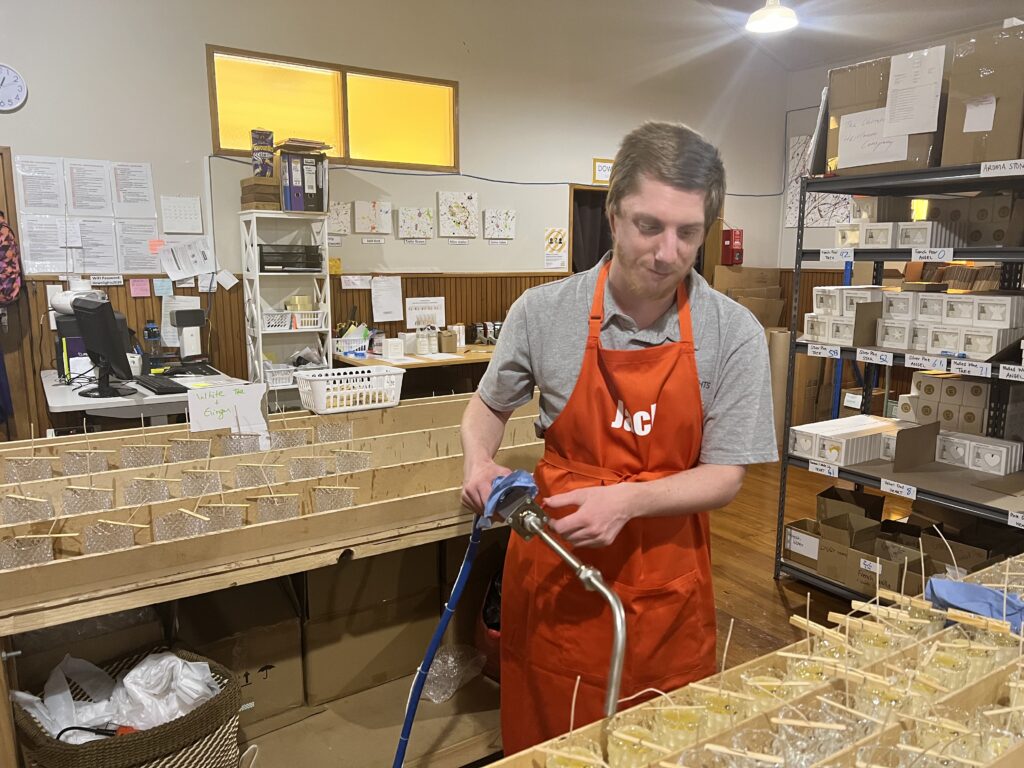New Zealand Post (NZ Post) has announced the recipients of this year’s Delivering for Good program, providing 11 community organizations and charities from around the country with free domestic courier services for one year.
Delivering for Good aims to improve connections, belonging and inclusion among communities, with this year’s winners offering a wide range of programs and services to support New Zealanders.
Dawn Baggaley, group sustainability manager, NZ Post, said, “We are proud to be making a difference in local communities by supporting charitable organizations and social enterprises by giving away free courier services. For us, delivering for New Zealand also means supporting the neighborhoods and communities where we live and work.
“Each one is very deserving and were chosen because they are working towards improving connection, belonging and feelings of inclusion for all New Zealanders – which is the focus of NZ Post’s community program.”
A public vote (open from May 9 to 23) will also decide which of the 11 go on to win an extra year of free courier services.
“Vote for your favorite and the winner will receive an additional year of free courier services,” added Baggaley. “This will help them to reinvest money, that they would have normally spent on postage and courier products, back into their business to create even more impact.”
The 11 winners are Sweet Louise; Make Give Live; Digital Inclusion Alliance Aotearoa (DIAA); Nisa; Rural Youth and Adult Literacy; Te Whānau Tupu Ngātahi o Aotearoa – Playcentre Aotearoa; The Grief Centre; Breast Cancer Aotearoa Coalition Inc; The Hearing House; Recreate; and Digital Future Aotearoa.
Last year’s overall winner was Downlights, a New Zealand owned and operated fragranced soy candle company based in Auckland.
Downlights managing director Jennifer Del Bel said winning the free courier products allowed Downlights to grow its business and employ another permanent crew member. Del Bel said the Delivering for Good initiative has helped Downlights to continue to challenge the commonly held perception that the disabled workforce is only suitable for low-paid, unskilled, repetitive work.


